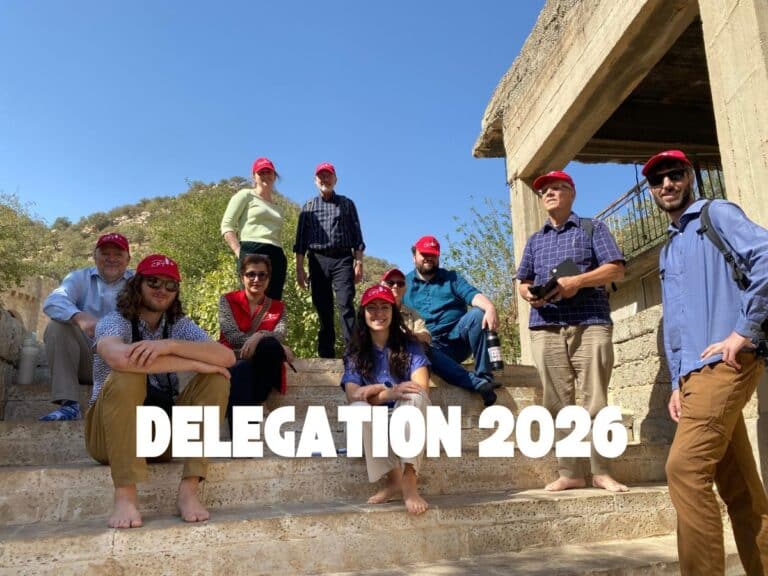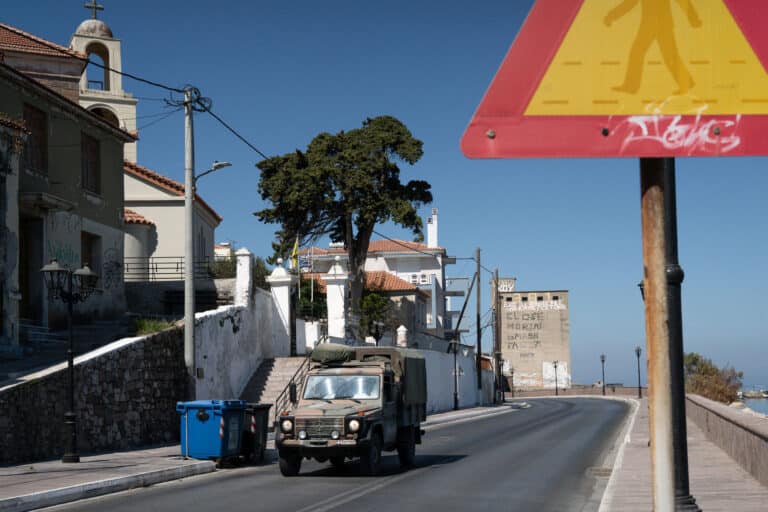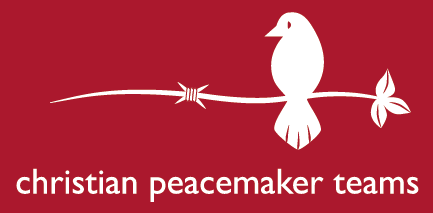By Jhon Henry Camargo
 How can a campesino* be a campesino with no land? How can a campesino be a campesino in the city, dealing with the pain and anguish of being forced off their land? How can a campesino be a campesino surrounded by armed paramilitaries, guerillas and soldiers?
How can a campesino* be a campesino with no land? How can a campesino be a campesino in the city, dealing with the pain and anguish of being forced off their land? How can a campesino be a campesino surrounded by armed paramilitaries, guerillas and soldiers?
The Colombian government routinely portrays campesinos as guerrilla fighters. But a visit to Micoahumado (a small town located in the southern part of Bolívar province) reveals a very different reality from the one portrayed by the government. There we witness a community saying “No!” to becoming collateral damage in the war between the guerrillas, the paramilitaries and the national army.”
The struggle for control over territory has made Micoahumado a battlefield where armed actors use civilians as human shields. But the war has not silenced the voices of the Micoahumado’s residents. Campesinos, housekeepers, artisan miners, day laborers, poets, children, youth, Pentecostals, Roman Catholics, and Atheists all see themselves as heirs of the land and protectors of life. Their nonviolent resistance prioritizes dialogue as the path to peace. Despite the bullets, landmines, killings, kidnappings, displacement and a long history of state repression as punishment for their resistance, Micoahumado is a place full of life and hope where people are building peace.
*subsistence farmer
Jhon Henry Camargo, from Bogotá, Colombia, joined CPT-Colombia as an intern in 2013.



